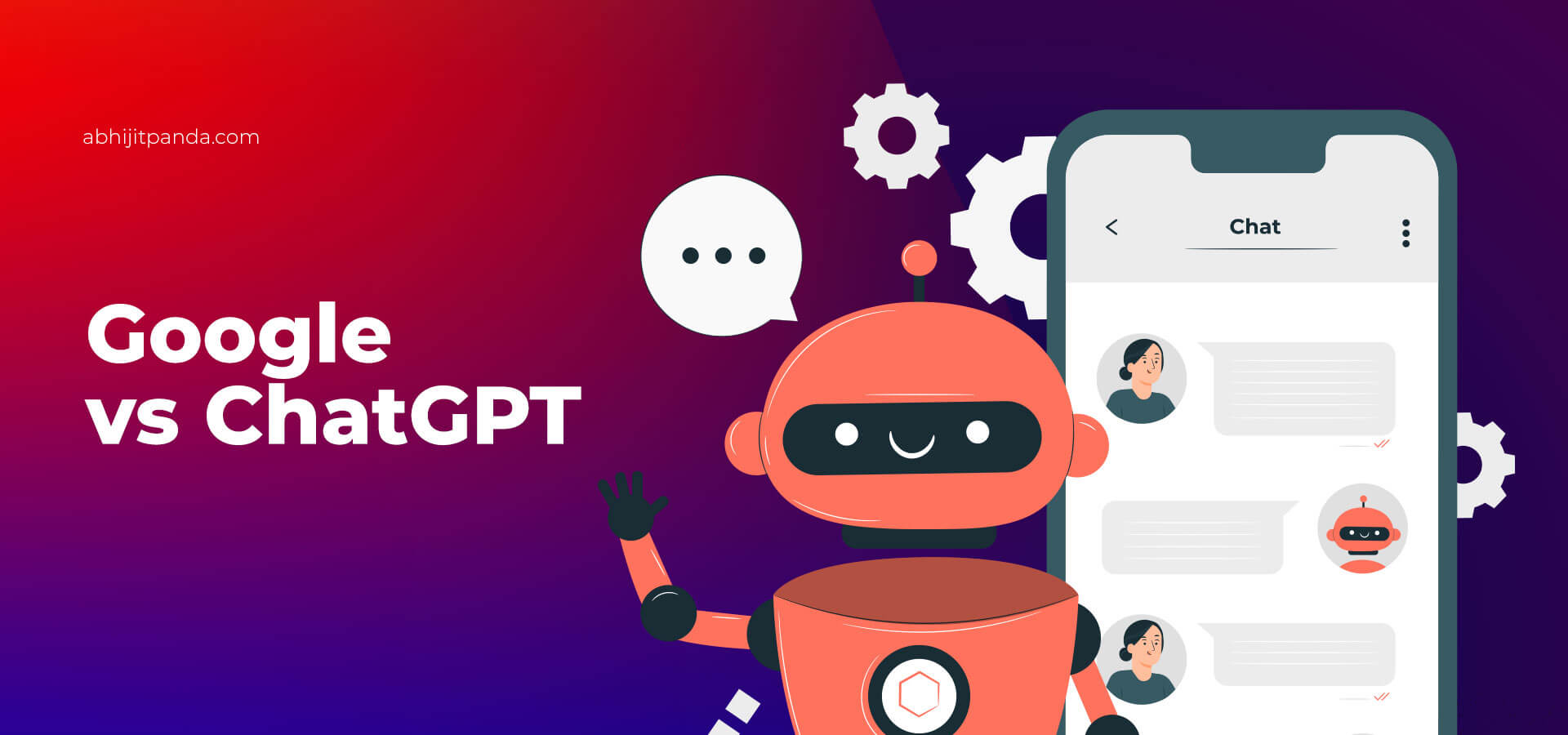 Google vs ChatGPT
Google vs ChatGPT
Google currently dominates the worldwide search engine market with a 92.58% share. Google was launched by Larry Page and Sergey Brin as a web-based search engine in 1998. On the other hand, OpenAI launched ChatGPT (Chat Generative Pre-trained Transformer) as a large language model chatbot in November 2022.
ChatGPT created a buzz by crossing over one million downloads in less than a week. Also, Tech bloggers have created hype by describing ChatGPT as “the New Google” or “the Google Killer”. Recently, ChatGPT surprised everybody by clearing the MBA test for one of the top business schools – the Wharton School of the University of Pennsylvania.
However, a leading cyber security firm has highlighted that cybercriminals have already used ChatGPT for developing malicious tools and executing hacking frauds. However, the massive popularity of ChatGPT may not mark the end of Google Search. We can discuss Google vs ChatGPT based on some of the major differences between the search engine and the chatbot.
Google vs ChatGPT: Major Differences We Should Not Forget
Search Algorithms
Google displays search engine results pages (SERPs) to a searcher based on the search query entered by her. The SERP includes organic search results, paid search results, and pay-per-click (PPC) ads. Google supports text search, image search, and voice search. Hence, a searcher has the option to get desired information by typing a search query or giving a voice command.
Google generates organic search results by crawling, indexing, and ranking billions of web pages. It considers over 200 ranking factors to identify the website content that matches the search query. Also, Google delivers more relevant search results to users by updating its search algorithms regularly.
Unlike Google, ChatGPT does not display search results pages. It responds to users by answering the questions asked by them through human-level bilateral dialogue. Hence, it neither crawls nor indexed billions of websites like Google. Hence, searchers who want more relevant and helpful search results will prefer Google Search to ChatGPT.
Human-Level Bilateral Dialogue
Google provides a wide range of information about a topic. The searcher has to find the required information by filtering through many search results. But a searcher can use ChatGPT to understand complex topics directly by getting naturally-sounding answers to her questions.
Also, she has the option to ask follow-up questions. ChatGPT uses advanced AI algorithms to understand the context of the question asked by a user. It has the ability to differentiate a statement made by the user from the question asked by the user.
OpenAI made the chatbot understand a wide variety of topics deeply by getting it trained on over 175 billion texts. Hence, it responds to questions directly based on the information scanned and processed by it. Many users prefer ChatGPT to Google Search to understand concepts in a human-like way.
Information Format
Google displays search results as lists or tables. A searcher has to click on individual links to gather information about a topic by reading blogs, articles, and other resources. But ChatGPT displays information as paragraphs.
It composes the paragraph by summarizing information related to the topic or query. Hence, users find it easier to gather information using ChatGPT. But they have to put in extra time and effort to ensure that the information is accurate and reliable.
Information Accuracy and Reliability
Most searchers look for online information about a topic in the age of fake news. Hence, they look for options to get accurate information from reliable sources. Leading search engines like Google deliver accurate and reliable information by crawling and indexing billions of web pages regularly.
Also, they flag up fake news using sophisticated fact-checking tools. ChatGPT lacks the capability to ensure the accuracy of the information. Also, the chatbot currently does not detect fake news using fact-checking tools. Hence, people will continue to prefer Google Search to ChatGPT to get accurate information.
Information Completeness
Google crawls websites several times a day. It indexes and crawls new websites in 3 days to 7 weeks. Also, it re-crawls important websites more frequently. Hence, Google is effective in providing up-to-date and relevant information about any topic.
The information delivered by ChatGPT depends on the texts used by OpenAI for training. It currently lacks the capability to update information. OpenAI needs time and resources to make ChatGPT algorithms update information and data regularly.
Information Reliability
Google does not focus on answering the questions asked by searchers directly and quickly. Instead, its search algorithms focus on making search results more relevant and useful. Individuals using Google can find accurate and reliable information by accessing content published by neutral entities.
But ChatGPT focuses on answering questions asked by users just like a human being. It does not verify the accuracy of information and credibility of the information source. Also, ChatGPT will give different answers to the same question across sessions. Hence, Google Search will remain popular with users looking for reliable information.
Processing Speed
ChatGPT impresses users by responding to queries instantly. But the paragraph-format answers make it difficult for it to process a large amount of information quickly. On the other hand, Google search algorithms are effective in fetching millions of search results in seconds. Several bloggers have highlighted how search engines can curate results much faster than language-generating chatbots.
Compatibility
Many developers help users view search results and ChatGPT responses simultaneously by launching Chrome extensions. For instance, one can use ChatGPT for Search Engines or ChatGPT for Google to see ChatGPT responses along with search results generated by several search engines, including Google and Bing. In addition to supporting Google, these extensions request users to improve ChatGPT by giving feedback. Many users will leverage these Chrome extensions to bridge the gap between Google Search and ChatGPT.
Google vs ChatGPT: Conclusion
While discussing Google vs ChatGPT we must remember that we are comparing the world’s most popular search engine to a recently-launched chatbot. Hence, the comparison seems like comparing apples and oranges. Many analysts believe that it is too early to describe ChatGPT as the new-generation alternative to Google Search.
Alphabet has showcased several AI models that are more powerful than ChatGPT. For instance, the company has already unveiled a transformer-based language model called LaMDA in 2021. LaMDA functions just like ChatGPT. Google has been finetuning conversational AI models to enhance reliability and eliminate social biases.


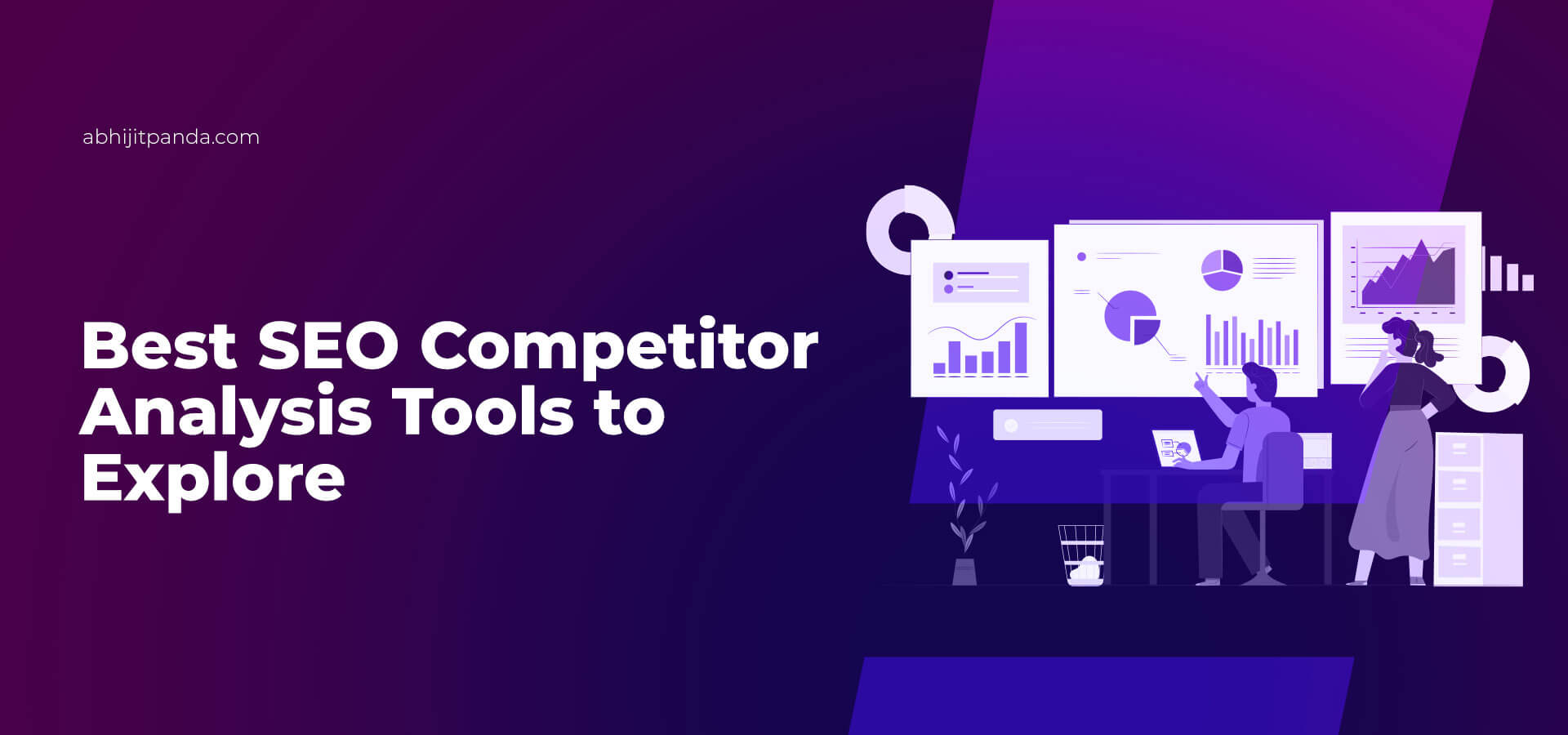
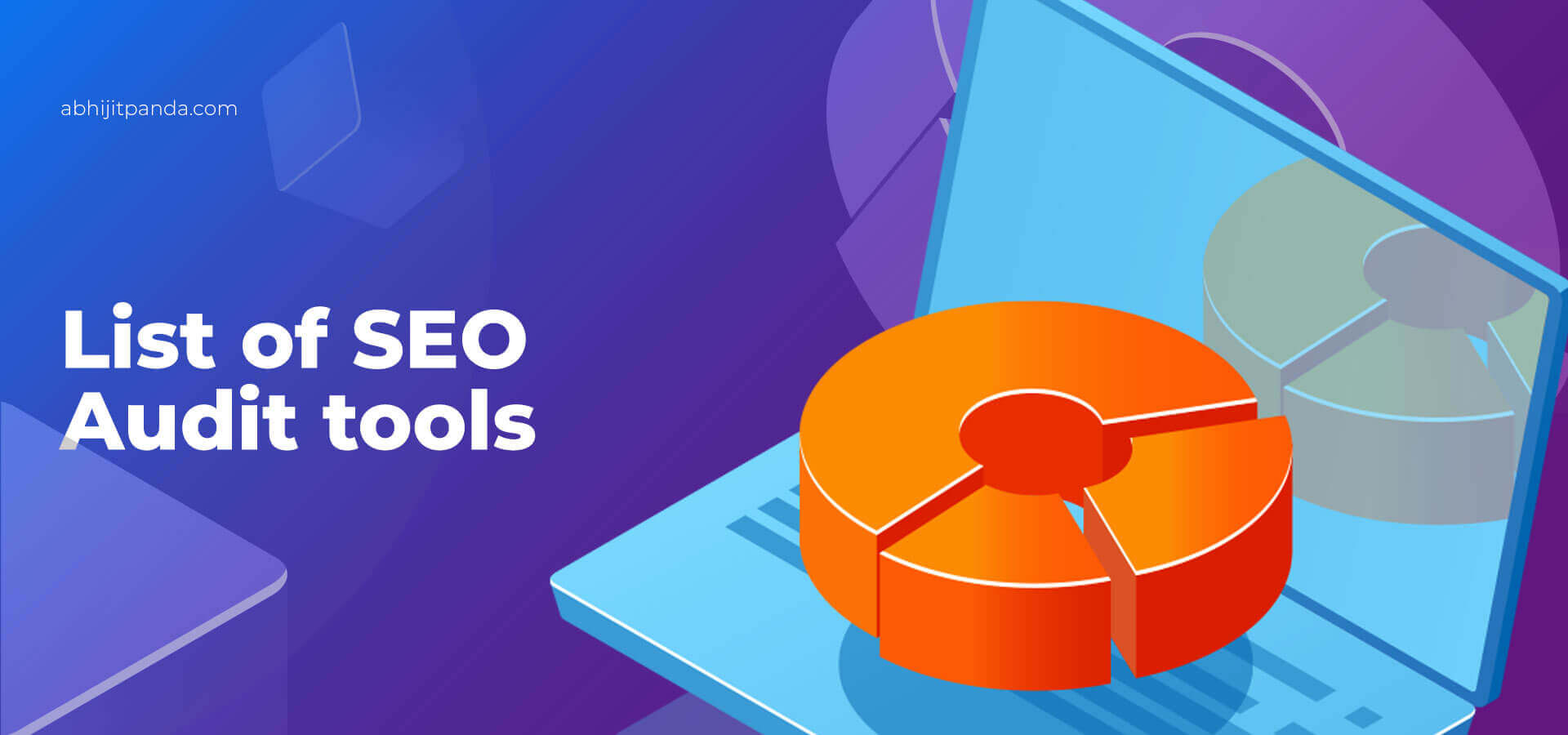
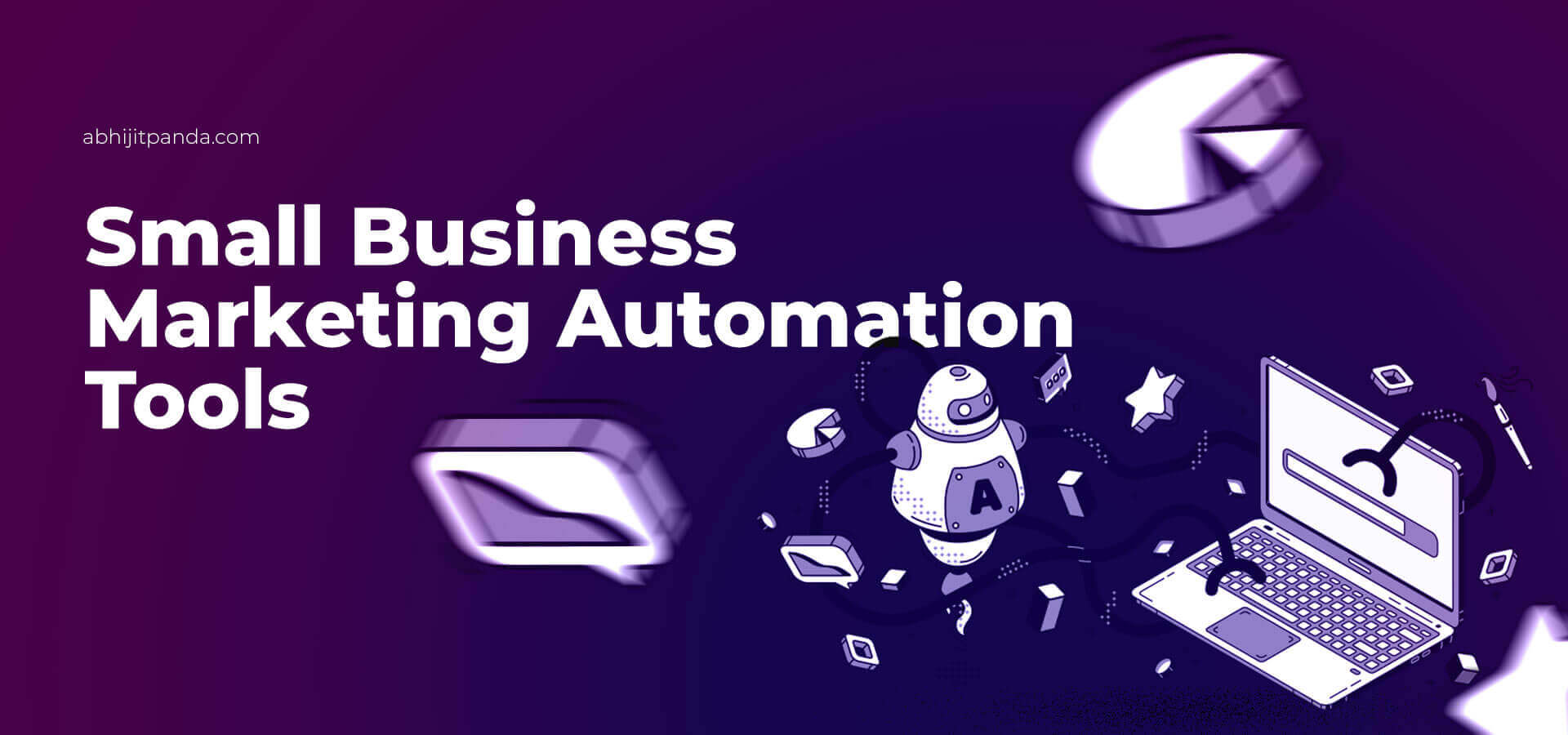
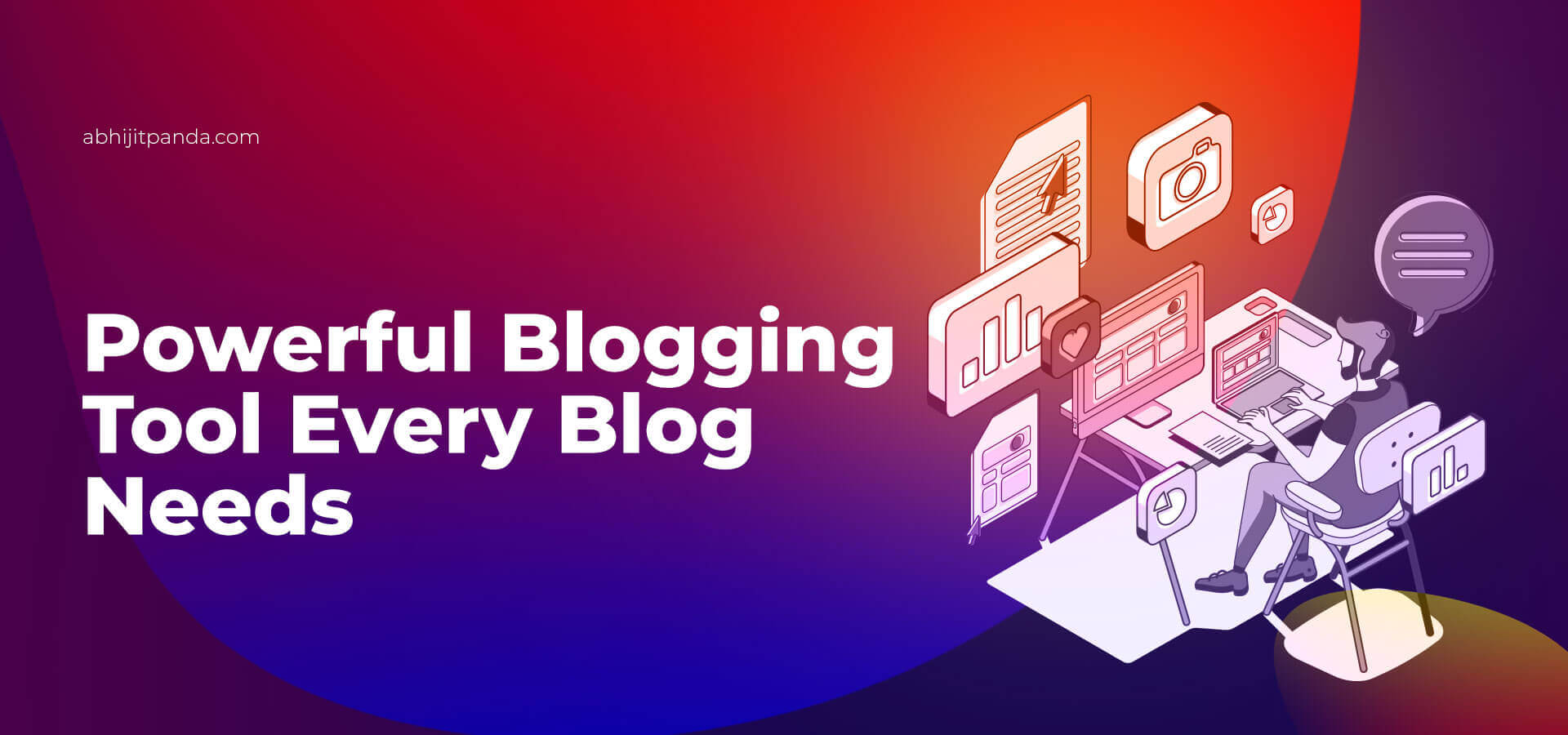
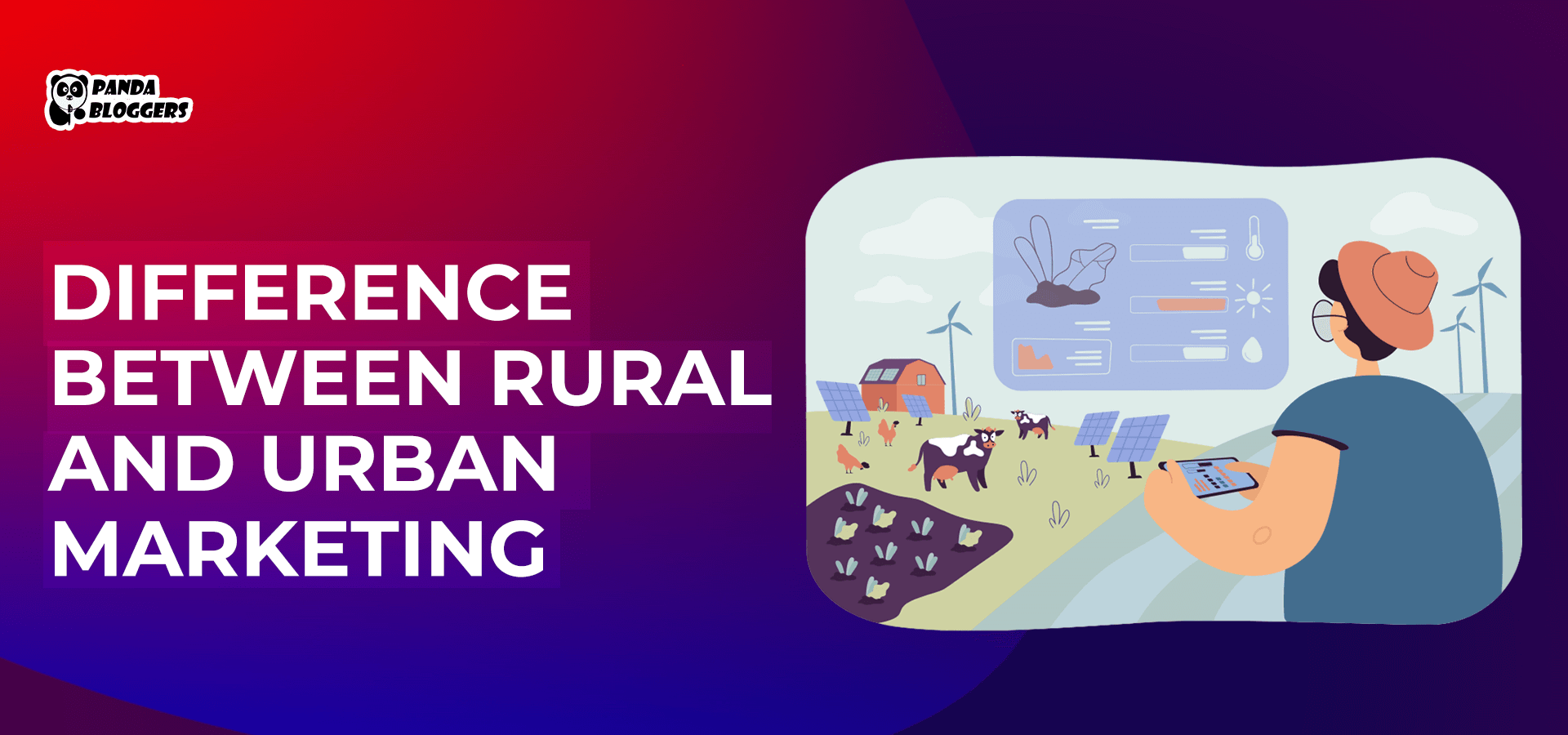

Leave a Reply